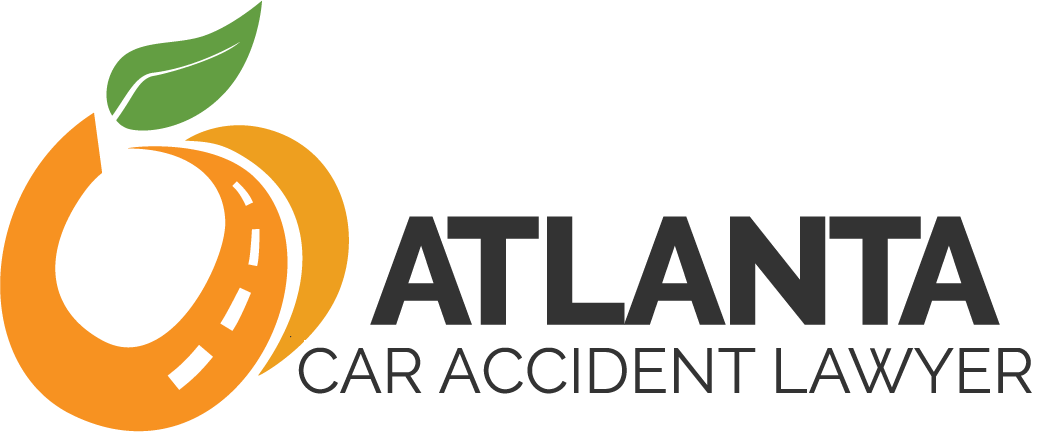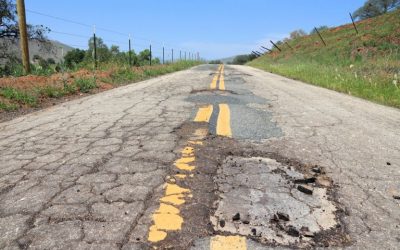
Punitive damages for wrongful death cases in Georgia can be awarded only as part of an estate claim, not a wrongful death lawsuit. To seek these damages, plaintiffs must claim them through the decedent’s estate for the harm the person suffered before dying.
One such claim is a survival action. It allows the decedent’s estate to seek punitive damages on behalf of the deceased if the defendant’s behavior was especially reckless. The estate can seek these damages in addition to compensatory damages.
If you lost a loved one due to another’s negligence and want to take legal action to recover damages, you can speak to an Atlanta wrongful death lawyer today. We can review your legal options and answer your questions during a free consultation.
Understanding Punitive Damages in Georgia
Punitive damages are financial penalties a court awards to punish a defendant for harmful behavior and deter similar conduct in the future. It typically awards these penalties in cases where the defendant’s actions are deemed to be especially reckless, malicious, or egregiously negligent.
Georgia’s laws governing punitive damages can be found at O.C.G.A. § 51-12-5.1. Per the statute, they can also be referred to as “exemplary damages” or “vindictive damages.” The law caps these damages at $250,000, so this is the maximum plaintiffs can receive.
Per the law, before punitive damages are awarded, there must be “clear and convincing evidence that the defendant’s actions showed willful misconduct, malice, fraud, wantonness, oppression, or that entire want of care which would raise the presumption of conscious indifference to consequences.” It should be noted that punitive damages are rarely awarded in civil cases. An attorney can advise you on whether they apply to your case.
How Do Punitive Damages Differ From Compensatory Damages?
Punitive damages serve a separate purpose from compensatory damages. As noted earlier, punitive damages punish wrongdoing and aim to prevent similar future behavior. Compensatory damages, on the other hand, aim to repay plaintiffs for losses they suffered because of someone else’s negligence.
Wrongful death lawsuits seek to recover these damages, which generally fall into two categories: economic and non-economic. Economic damages are the direct financial costs, while non-economic damages are intangible damages with no direct monetary cost.
Common economic damages in Georgia wrongful death lawsuits include:
- The decedent’s medical expenses
- Funeral and burial expenses
- The decedent’s lost income and benefits (including income they could have earned)
- Other related losses
Common non-economic damages include:
- Pain and suffering the decedent experienced before their death
- Lost care, companionship, guidance, and protection
- Emotional distress experienced by surviving family members
Can You File a Survival Action and a Wrongful Death Lawsuit at the Same Time in Georgia?
Yes, in Georgia, the estate of someone who died can start a survival action and a wrongful death lawsuit at the same time. The survival action addresses the losses a decedent experienced from when they suffered an injury to when they died. A wrongful death lawsuit seeks payment for the damages the decedent’s survivors suffer after their loved one dies.
If the actions that led to the person’s death were extremely careless, the estate can seek punitive damages through the survival action. This aims to punish the defendant and prevent such behavior, ensuring those responsible are held accountable for their actions leading to the loss.
For example, if a driver’s extremely reckless behavior, such as driving under the influence, causes a fatal car accident, the victim’s estate could pursue punitive damages as part of a survival action.
Proving a Survival Action Requires ‘Clear and Convincing’ Evidence
When plaintiffs file a survival action for punitive damages, they must have “clear and convincing” evidence that the defendant’s actions showed willful misconduct. They can work with an Atlanta fatal car accident lawyer who can help them gather such evidence to prove this, which could include:
- Witness statements describing the driver’s reckless behavior
- Police reports indicating driving under the influence (DUI) or extreme speeding
- Video footage showing the accident and the defendant’s dangerous driving
- Records of the defendant’s previous similar offenses
- Expert testimony on the egregiousness of the defendant’s conduct
All evidence must prove beyond reasonable doubt that the defendant’s actions were willfully negligent or malicious, warranting punitive damages. Our lawyers will know what evidence you need to bolster your punitive damages claim. They also can collect time-sensitive evidence that can get lost or disappear over time.
How a Lawyer Can Prove Punitive Damages for a Wrongful Death
Our Atlanta personal injury lawyer can also do the following to help clients prove their case for punitive damages:
- Consult experts to analyze the defendant’s conduct and its impact
- Identify legal precedents that support our client’s punitive damages claim
- Prepare compelling arguments to present in court
- Navigate the legal requirements for proving punitive damages in the jurisdiction
Our attorney handling a wrongful death lawsuit can advise on when clients can make an injury claim for punitive damages after an accident in Atlanta.
Who Can Seek Punitive Damages for Wrongful Death Cases in Georgia?
The legal representative of the deceased person’s estate can pursue punitive damages as part of a survival action. This is commonly a family member or appointed administrator. If a court awards these damages, the proceeds are distributed to the heirs or beneficiaries of the estate according to the decedent’s will.
If there is no will, the assets will be distributed according to the state laws of intestacy, which apply when a person dies without a valid will. The damages will become part of the estate’s assets and go through the probate process, where debts are paid. The remaining assets are then distributed to the rightful heirs.
Who Benefits From Wrongful Death Cases in Georgia?
Certain family members stand to benefit from a survival action or a wrongful death lawsuit. Beneficiaries typically include the decedent’s surviving spouse, children, and sometimes their parents. If there is no spouse or children, the deceased person’s parents may file the claim.
If none of these relatives is available, the executor or administrator of the deceased’s estate can pursue the lawsuit. Any recovered damages benefiting the estate will ultimately pass to the heirs according to the will or state law on intestacy.
Call Today for Help With a Wrongful Death Case in Georgia
If you are seeking to file for punitive damages related to a wrongful death case in Georgia, you can get help from our injury lawyers. We can review your situation and advise you on the next steps in your case, including how long you have to file your case under Georgia’s wrongful death statute of limitations.
Wrongful death cases can be complex and challenging to follow if you don’t understand state laws and other guidelines. We can lead your case and explain the process. Call us or fill out our online contact form for a free consultation today.





